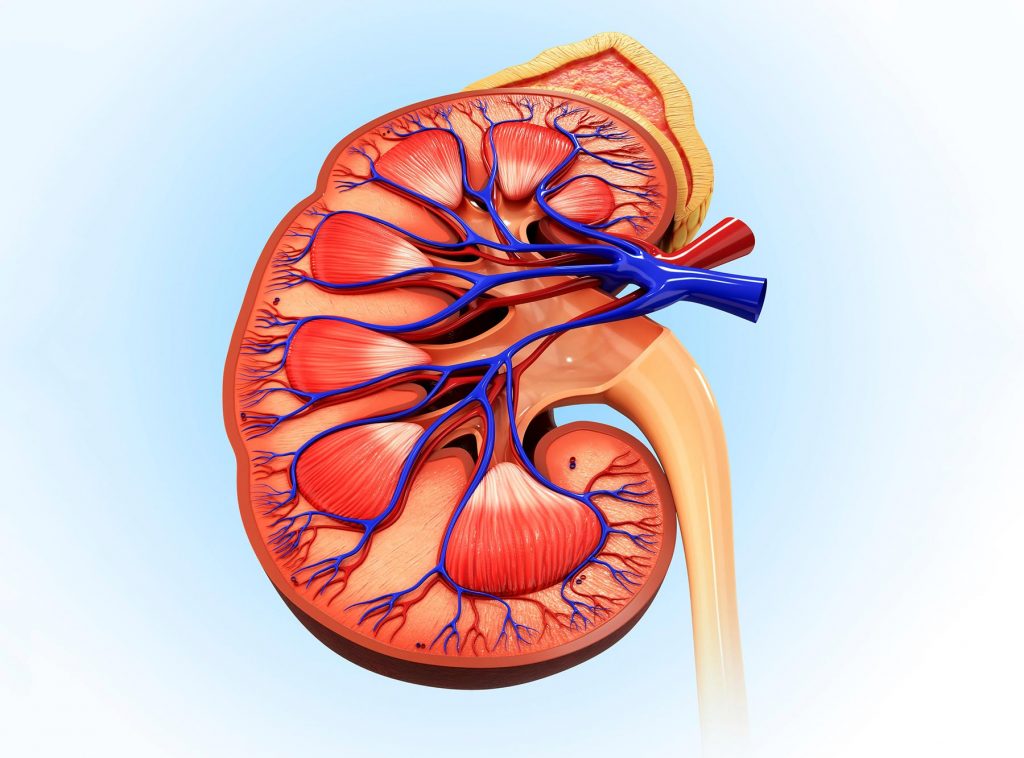A professor of medicine says exposure to excessive heat as a result of climate change is contributing to rising cases of chronic kidney disease (CKD).
Mr. Rasheed Balogun, a nephrologist at the University of Virginia, United States, stated this on Wednesday in Ibadan at the ongoing 32nd Annual General Meeting and Scientific Conference of the Nigerian Association of Nephrology (NAN).
The nephrologist said that researches carried out in different countries have linked heatwaves associated with climate change to epidemics of CKD of unknown origin in otherwise healthy young people.
“There is evidence across the world that climate change has contributed to an increase in the prevalence of CKD in young people.
“These young men and women who appear to be healthy in all ways and do not have hypertension or diabetes, which are the two most common risk factors for CKD, are having kidney diseases which are claiming their lives.
“The studies carried out revealed that this group of young people have some things in common, they turned out to be people who are working under harsh excessive heat conditions for long hours.
“Such as what we would find in Nigeria today; anyone that works outdoors probably works in such condition, they are the bricklayers, agricultural workers, sugar cane workers and rice farmers.
“This phenomenon of CKD in young healthy adults has been dubbed Chronic Kidney Disease of Uncertain etiology (CKDu),” he said.
According to him this group of people, who are likely farmers, are also exposed to toxins which is a predisposing factor of CKD.
“It is possible these groups of people are also exposed to toxins from agricultural products that are used to kill pests.
“More than 240, 000 people have died from this heat-related CKD and that is more than people who have died from Ebola virus disease, for instance,” he said.
Mr. Balogun advised people who work for long hours under excessive heat and high temperature, to ensure that they take regular breaks and engage in recurrent rehydration by drinking water often.
“The International Society of Nephrology and other stakeholders have been trying to raise awareness on this condition.
“This CKDu is common in people who are exposed to excessive heat in their work environment and very little access to cool or cold water.
“So my suggestion is if you are a worker that works for long hours at high temperature, your employer should be able to provide you with cool or cold drinking water.
“The employer should also provide enough breaks so that you don’t work from 9 a.m till 3 p.m without getting out of the sun,” he said.
The nephrologist appealed to the government to take deliberate actions such as investment in renewable energy and less dependence on fossil fuels in order to reduce global warming and climate change.
“There is a need for consideration of the alternative methods of energy, burning fossil fuel cannot be the future of any country and we need to put more effort into alternative sources of energy,” he said.
(NAN)

